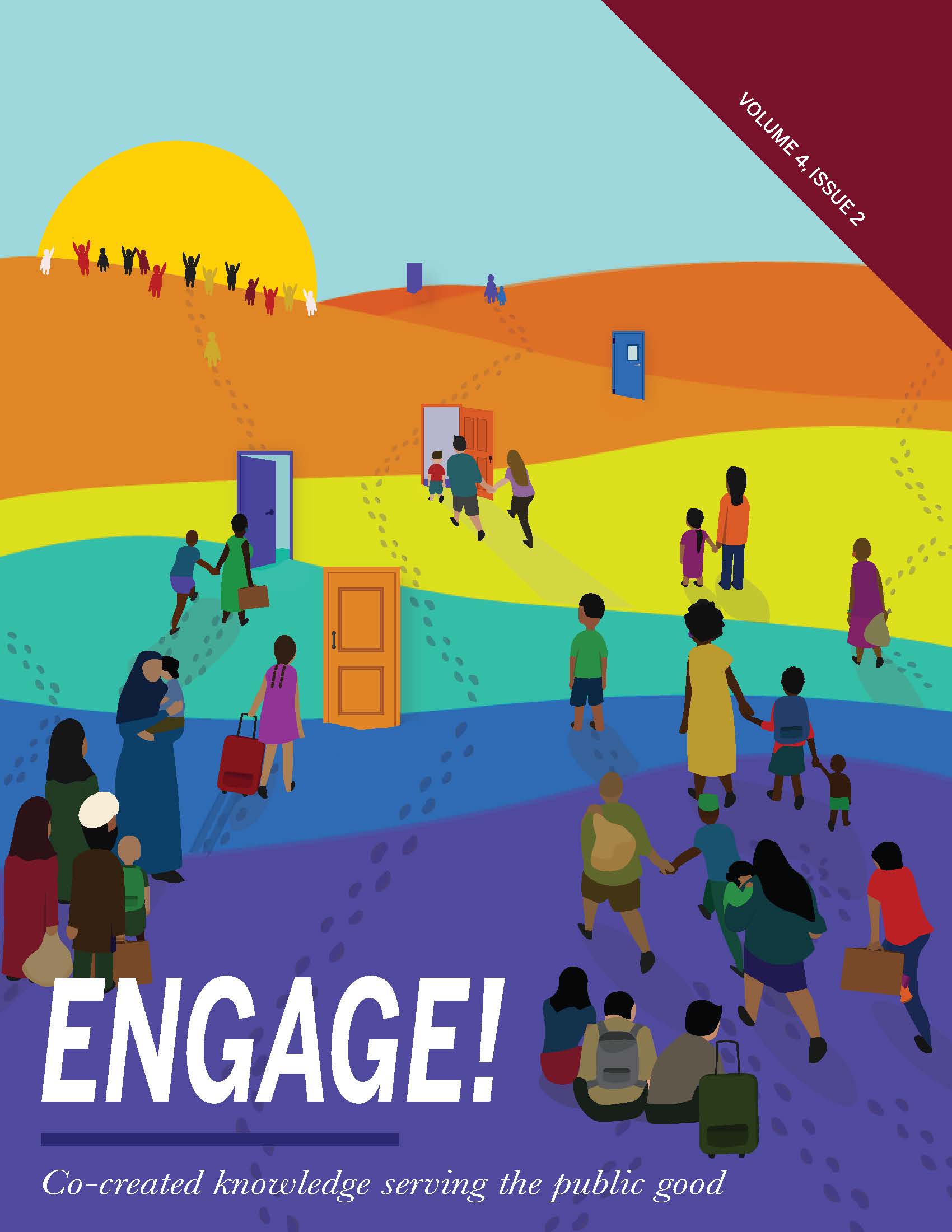Understanding the Ulysses Syndrome, Effective Engagement, and Ways to Heal
DOI:
https://doi.org/10.18060/26776Keywords:
Ulysses Syndrome, Migratory Mournings, Five Protective Factors, Migrants, Immigrants, Refugees, Healing, Trauma, Cultural Bereavement, StressAbstract
As a director of a community-based organization who works predominantly with immigrants and refugees, Lucy Morse Roberts noticed immigrant clients and colleagues were often experiencing ill-defined malaise, headaches, and insomnia. After visiting doctors, the immigrant clients and colleagues were still unwell. She and her team sought to understand and address this suffering and seek ways to heal. Research on migratory mournings by Joseba Achotegui offered her team one lens through which to understand and better respond to the physical and psychological ailments experienced by immigrant and refugee clients. Achotegui’s research, including that on the Ulysses Syndrome and cultural and situational responsiveness, directly changed the programming and priorities at Hui International under Lucy Morse Roberts’ leadership. This article first defines migratory mournings and the Ulysses Syndrome. Second, the article offers community partners’ personal and professional insight as to how and why this research is relevant and transformative. Lastly, the article offers an organizational framework for effective application and intentional community engagement.
Downloads
Published
Issue
Section
License

This work is licensed under a Creative Commons Attribution-NonCommercial 4.0 International License.

